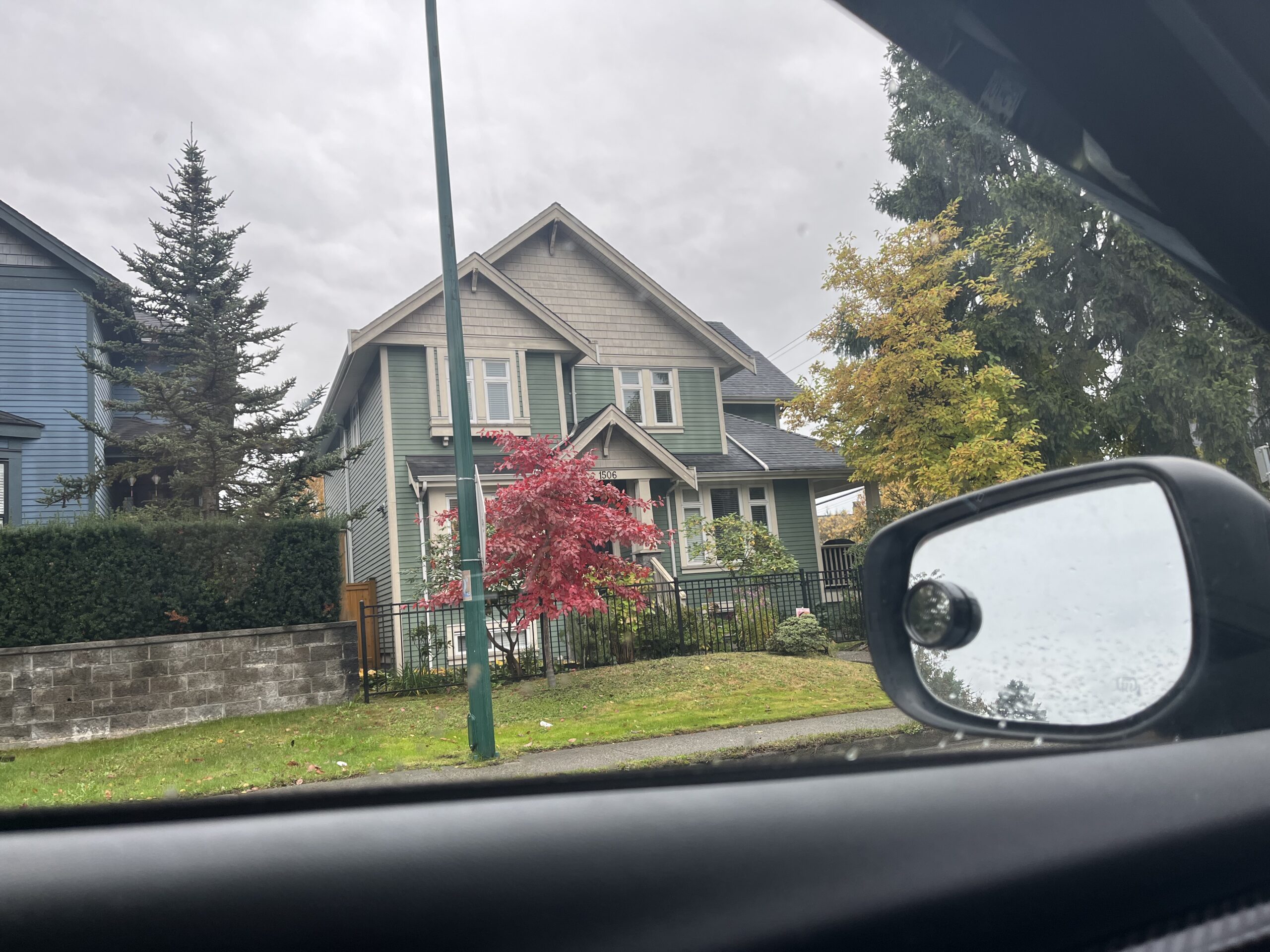If your house is foreclosed, whether you still owe the bank depends on the type of foreclosure and the remaining balance on your mortgage. In most cases, foreclosure extinguishes your ownership rights, but it may not fully satisfy your debt. If the sale of the property does not cover the outstanding mortgage, banks can pursue the remaining balance, often called a deficiency. Understanding how foreclosure works and your obligations is critical to protect your financial future.
How Foreclosure Works
Foreclosure is a legal process where the lender takes ownership of a property due to the borrower’s failure to make mortgage payments. In British Columbia, the process involves court proceedings, notices of sale, and ultimately, the transfer of title to the bank or a third-party buyer. Foreclosure typically occurs after several missed payments, giving the borrower opportunities to remedy the default through repayment plans or loan restructuring.
Deficiency Judgments
Even after foreclosure, borrowers may still be liable for a deficiency judgment. This occurs when the foreclosure sale proceeds are insufficient to cover the mortgage balance, interest, and legal costs. Banks can pursue this amount through legal action, and in some cases, it can affect credit scores, limit future borrowing, and lead to wage garnishment.
Foreclosure vs. Power of Sale
In Canada, most lenders use the power of sale process rather than judicial foreclosure. Power of sale allows the lender to sell the property without court approval, but borrowers are still responsible for any remaining mortgage deficiency. Judicial foreclosure, which is less common in British Columbia, may result in the court ordering the sale and applying the proceeds to the mortgage balance.
Options to Avoid Owing the Bank
Borrowers facing foreclosure have several options:
- Loan modification or repayment plan: Negotiate with the bank to restructure payments.
- Short sale: Sell the property for less than the owed mortgage with bank approval, which may reduce deficiency risk.
- Voluntary surrender: Give the property to the lender, potentially minimizing legal fees but possibly still leaving a deficiency.
- Seek legal advice: A real estate lawyer or foreclosure specialist can help navigate options and negotiate terms with lenders.
Foreclosure Outcomes in Greater Vancouver
The following table provides an overview of typical foreclosure outcomes in major Greater Vancouver municipalities, including the likelihood of owing a deficiency after foreclosure:
| City | Average Home Price | Average Foreclosure Sale Price | Likelihood of Deficiency | Notes |
|---|---|---|---|---|
| Vancouver | $1,200,000 | $1,100,000 | Moderate | Deficiency may occur for high-balance mortgages |
| Burnaby | $1,000,000 | $950,000 | Moderate | Banks may pursue deficiency depending on loan terms |
| Richmond | $1,150,000 | $1,080,000 | Moderate | Short sale could reduce deficiency exposure |
| Surrey | $950,000 | $900,000 | Low-Moderate | Lower price points may reduce risk |
| Coquitlam | $1,050,000 | $980,000 | Moderate | Legal costs can affect remaining balance |
| North Vancouver | $1,300,000 | $1,220,000 | Moderate | High-end properties may still result in deficiency |
Conclusion
Being foreclosed does not automatically release you from your mortgage obligations. Depending on the foreclosure method, sale proceeds, and mortgage balance, you may still owe the bank a deficiency. To mitigate financial risk, explore options such as loan modification, short sale, or voluntary surrender, and always seek legal advice. Proactive management can reduce the likelihood of owing after foreclosure and protect your credit and financial stability.
For more guidance on managing property costs and planning your next steps, visit Renting vs Buying in Vancouver and Home Cost Calculator.
My name is Jay, a longtime Metro Vancouverite sharing local real estate tips and my own photos of the city’s homes and neighbourhoods here on Vancouver Home Hub. Hope you find my blog useful! Feel free to reach out anytime at vancouverhomehub@gmail.com if you have questions.


Leave a Reply